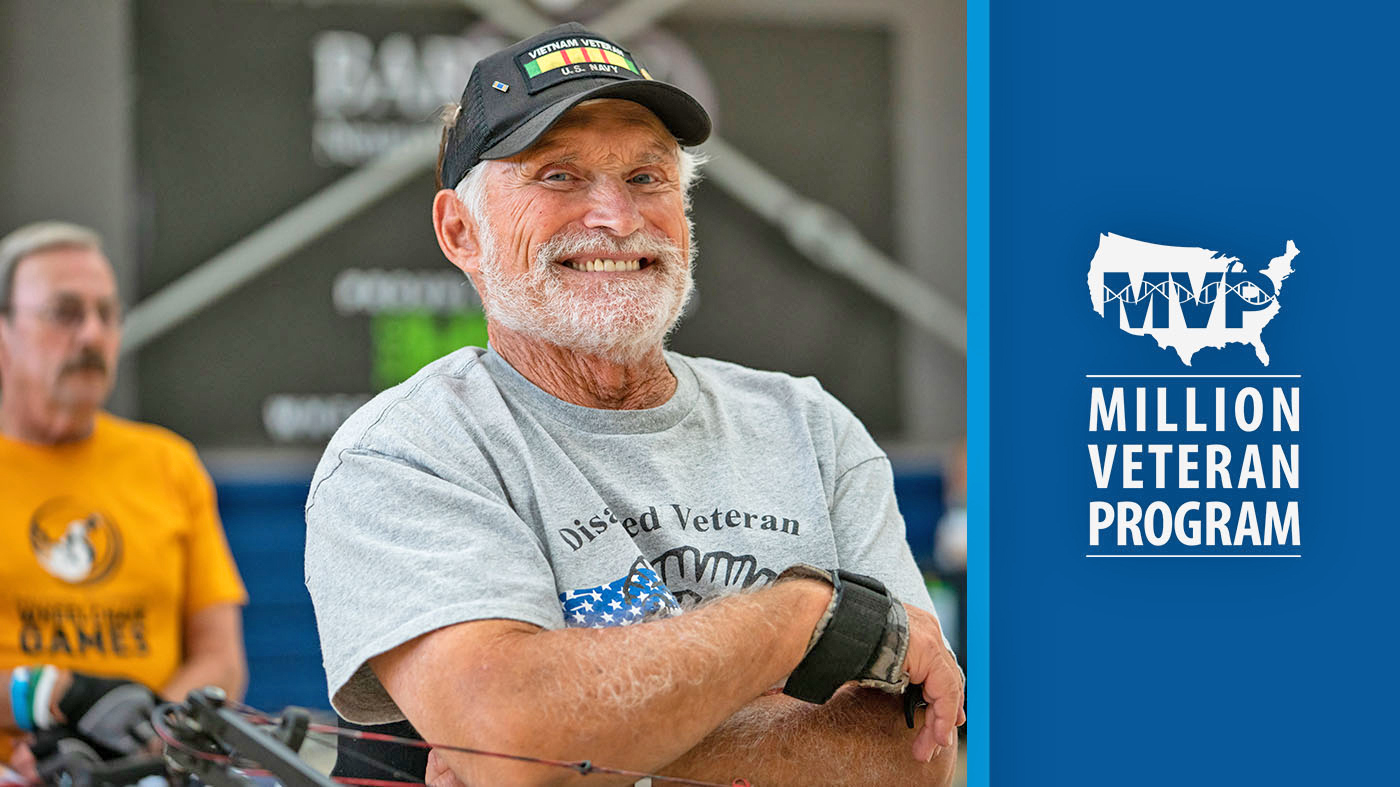Mental health is an important part of how we feel every day. Our mental health affects what we think about ourselves, how we interact with the world around us and how we generally approach each day. Changes in our mental health can get in the way of our routines, and—much like a sprained ankle, a lingering cough or chronic pain—should be treated with the help of a health care provider.
VA’s Million Veteran Program (MVP) studies how genes, lifestyle, military experiences and exposures affect health and wellness in Veterans, including mental health. As more diverse Veterans continue to join MVP, researchers are better able to study conditions that matter to those Veterans, hopefully leading to better preventions, screenings and treatments.
MVP research supports the future of Veteran mental health care
May is Mental Health Awareness Month, so we’re putting the spotlight on Veteran mental health research and mental health care.
- Just like your physical health, mental health is a combination of different factors. Veterans in MVP help researchers study those factors to find ways to improve mental health care.
- Researchers are using information from MVP to study posttraumatic stress disorder (PTSD), suicide prevention, depression, anxiety, substance use disorders and other mental health conditions.
- This research helps us understand more about mental health conditions, which could lead to improved screenings, preventions, interventions and treatments for Veterans.
VA offers many programs focused on mental health. Visit www.mentalhealth.va.gov to learn about resources and support, explore mental health topics and find treatment options.
Join MVP to make a difference for Veterans
Thanks to more than 1,000,000 Veterans who have joined MVP, researchers can study dozens of health conditions—both mental and physical—affecting Veterans, including:
- PTSD
- Depression and suicide risk
- Substance use disorder
- Cancers
- Diabetes
- Tinnitus
- And more
Sign up today or call 866-441-6075 to make an appointment at a participating VA facility. You don’t need to receive your care at VA to participate.
Topics in this story
More Stories
Bob Jesse Award celebrates the achievements of a VA employee and a team or department that exemplifies innovative practices within VA.
The Medical Foster Home program offers Veterans an alternative to nursing homes.
Watch the Under Secretary for Health and a panel of experts discuss VA Health Connect tele-emergency care.







I personally would like to let VA how much they are Appreciated for all of the Excellent information related to PTSD & Depression, lots of Research going into all of these Articles, One thing that I just want to say that is off topic & if your another Disabled Veteran) is the Enormous cost of Healthcare in the Community (to include Emergency Room visits) & urgent Care that VA gets Billed for these Services (it really bothers me when these places take advantage of Veteran Affairs) ..It’s Truly Sickening (I know that some say ..Ahh it’s VA they can pay it, but it still doesn’t make it right…Sorry but my Prospective